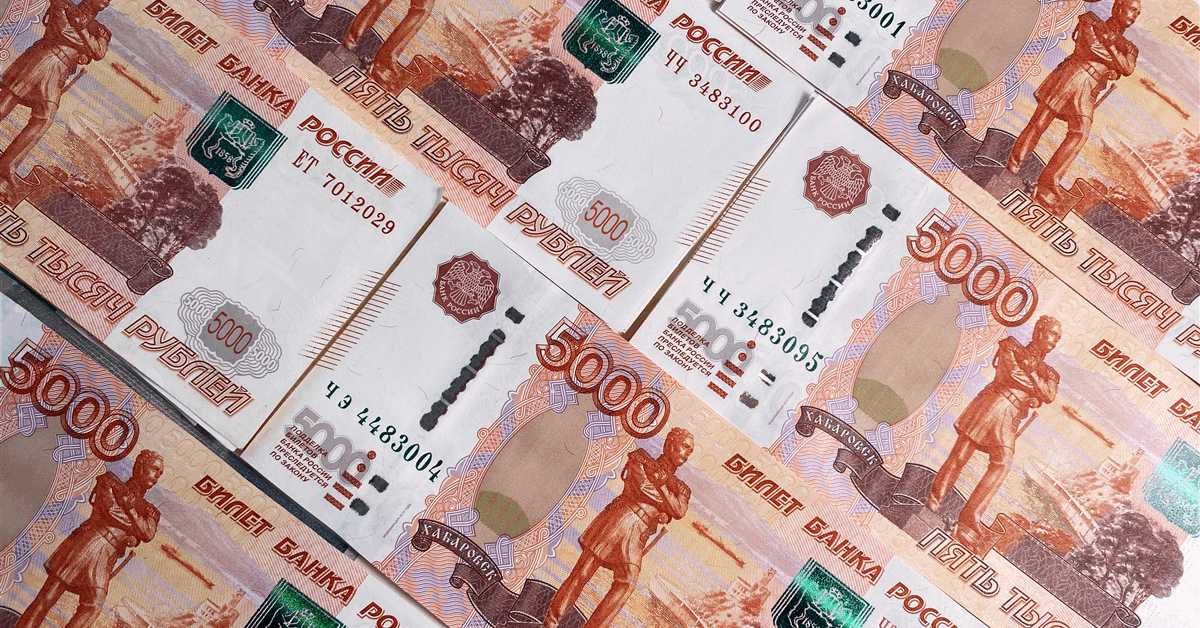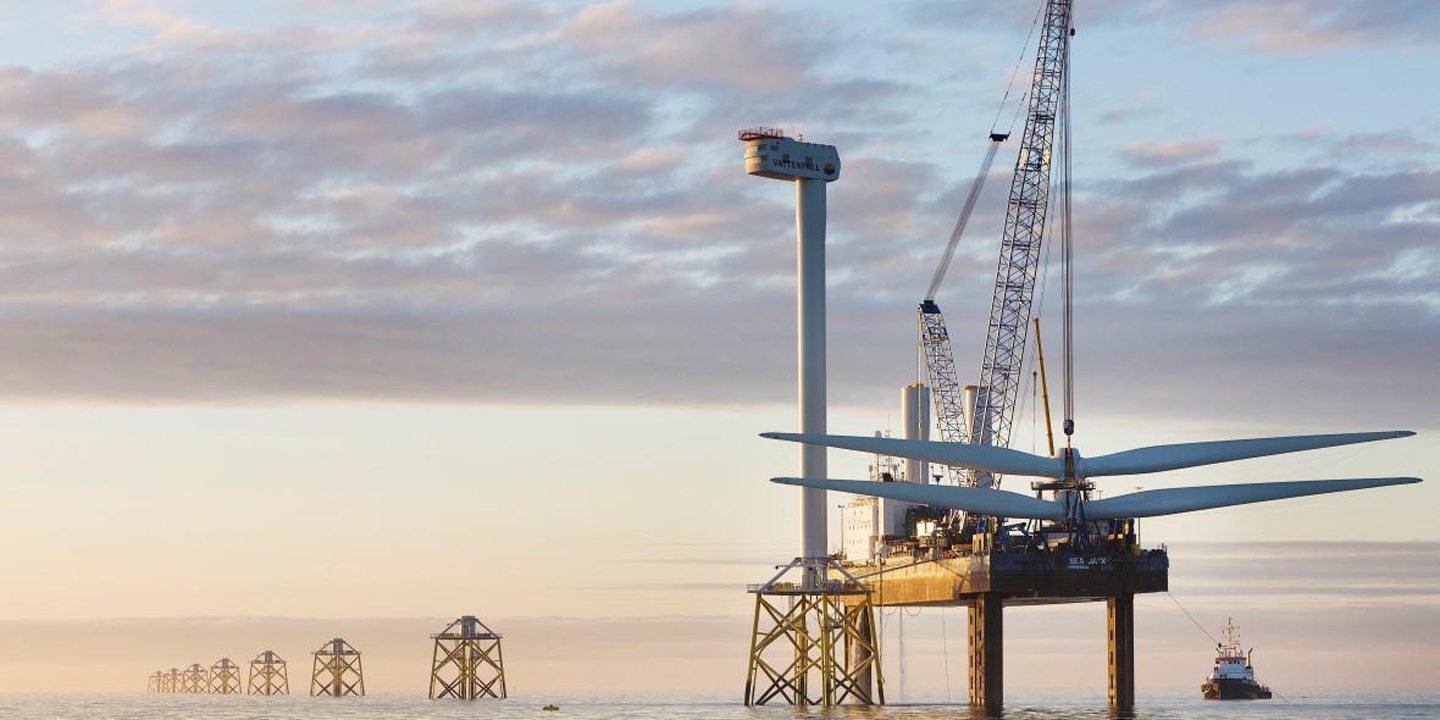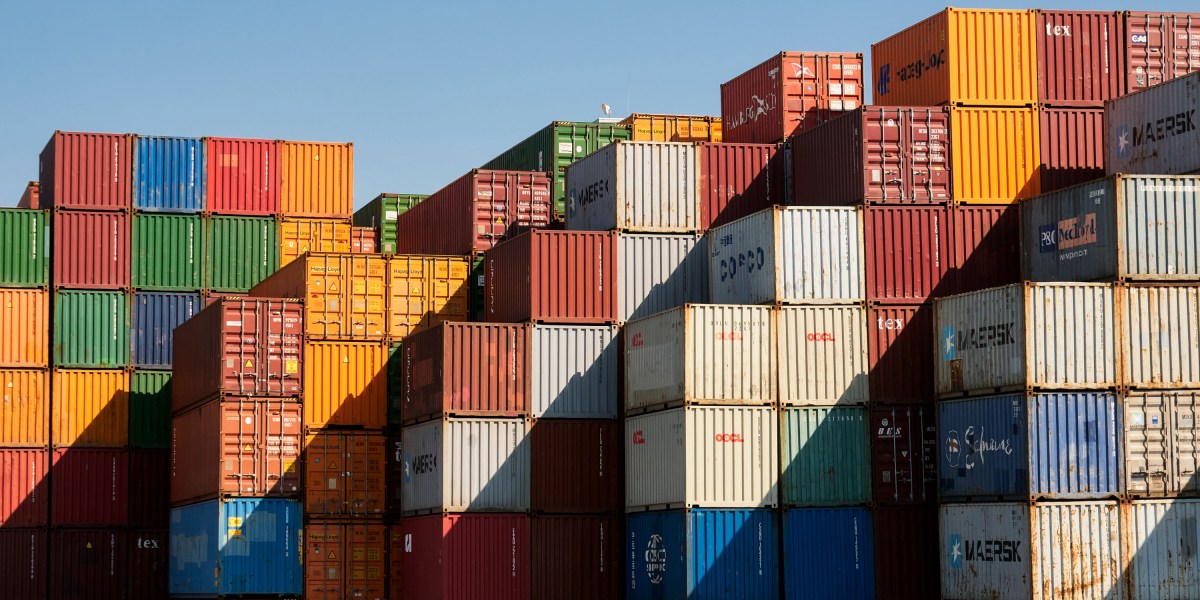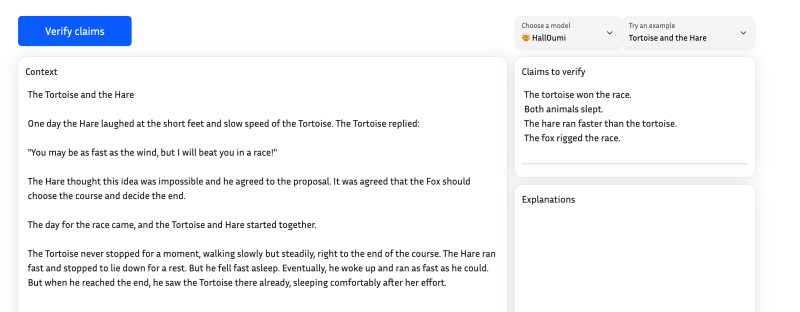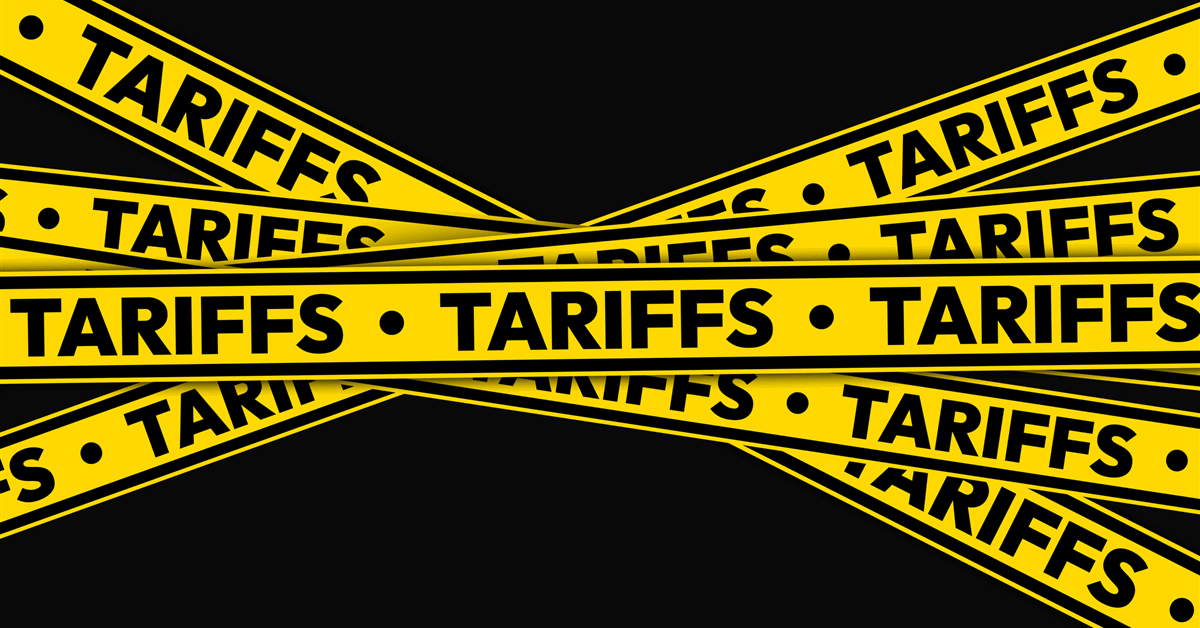
The long-awaited unveiling by President Donald Trump of sweeping reciprocal import tariffs triggered a slump in oil prices on Thursday, while gold rose to a fresh record.
There was also an important carve-out for commodities from Canada and Mexico, as well as for energy and energy products.
Here’s a round-up of the initial impact of Wednesday’s big announcement.
Metals
According to a White House fact sheet, steel, aluminum, gold and copper imports won’t be subject to reciprocal tariffs, providing at least some relief to domestic buyers who are already bearing the cost of Section 232 tariffs of 25% on all imports of some key metals. Gold, however, jumped as much as 1.1% to a record as investors sought safety following the tariff headlines. Bullion has climbed more than 20% this year after a ferocious run in 2024.
Copper futures declined on concerns over the global economy.
Oil and Gasoline
Crude immediately dropped as trading started in the Asian morning. Futures fell more than 2%, dipping below $70 a barrel, amid concerns about declining demand and the potential for a trade war.
However, energy and energy products are exempt from the new levies, meaning oil and natural gas markets won’t be directly impacted.
Canada and Mexico — the two biggest foreign suppliers of oil to the US — were also left out of Wednesday’s cascade. Exports from the countries to the US that aren’t compliant with the North American trade agreement known as the USMCA will remain subject to an earlier levy of 25% generally (and 10% on Canadian energy), imposed by Trump earlier to counter illegal immigration and fentanyl smuggling. If that 25% tariff is later dropped for either country, the newly ordered reciprocal rate would apply, a senior administration official told reporters Wednesday.
Agriculture
US farmers also benefit from the reprieve on USMCA goods. The US gets roughly 90% of its potash fertilizer from other countries, mostly from Canada. Non-USMCA compliant energy and potash will be tariffed 10%.
The exemption for USMCA products is good news as well for dairy, canola and sugar buyers. Mexico is the biggest supplier of sugar to the US, while Canadian farmers rely on the US and China for most of their canola exports.
Despite the USMCA exemption, Trump called out Canada for its tariffs on dairy products.
Vietnam, facing a 46% tariff rate, is the world’s biggest producer of robusta coffee, used in instant coffee. The typically cheaper variety was expected to help offset supply tightness in the more premium arabica bean, which had sent prices soaring to record highs. Other top coffee producers, including Brazil and Colombia, are subject to 10% tariffs. Meanwhile, Ivory Coast, the world’s biggest cocoa grower, is facing 21% tariffs.
Clean Energy
Vietnam, Thailand, Cambodia and Malaysia together account for about 80% of US imports of solar panels. The four nations face reciprocal tariffs that are expected to build on existing levies hitting some solar cells and panels from the region and any antidumping and countervailing duties that US authorities may order in coming weeks.
There’s been an uptick in US clean tech manufacturing in recent years — in part spurred by President Joe Biden’s Inflation Reduction Act as well as levies on foreign solar supplies that encouraged panel production in the US. But the US is still very dependent on parts of Asia for many parts of the supply chain. These announced tariffs are another potential dent to the clean energy buildout by a president keen to boost fossil fuels.
WHAT DO YOU THINK?
Generated by readers, the comments included herein do not reflect the views and opinions of Rigzone. All comments are subject to editorial review. Off-topic, inappropriate or insulting comments will be removed.
MORE FROM THIS AUTHOR
Bloomberg






